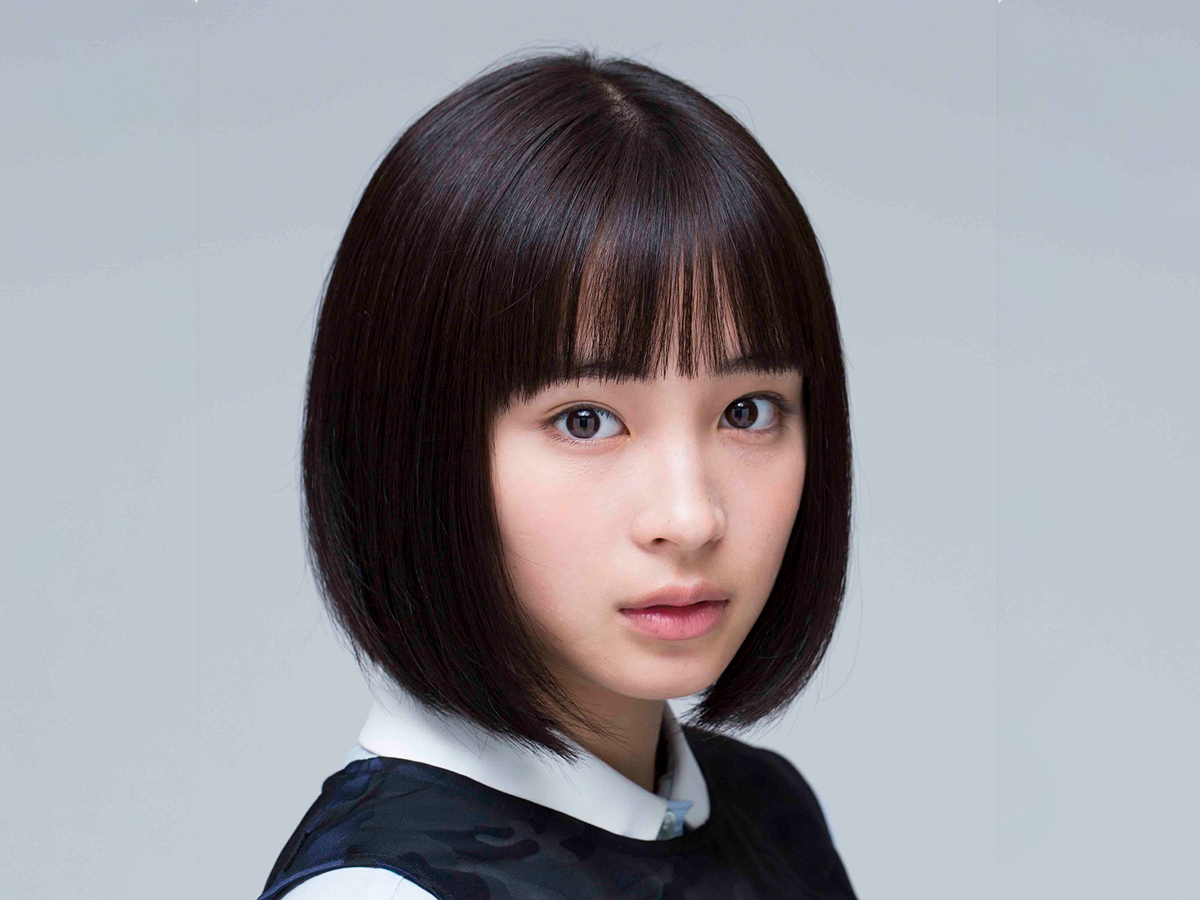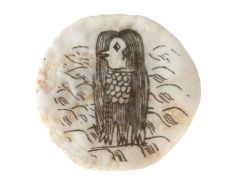
Source: © PR Times, Inc. | Photo: Kazushige Nagaya
Popular Japanese Actress Suzu Hirose Subjected to Racist Coronavirus Comments on Instagram
- Tags:
- coronavirus / hate speech / Racism / Suzu Hirose / xenophobia
Related Article
-

International English Study Program to the USA includes vaccination for students from Japan
-

Japan’s anti-plague demon turned into pandemic-fighting rice cracker
-

State of emergency leads to closure of 61 popular restaurants in the capital
-

Naomi Osaka Told to ‘Stay in Your Lane’ After Supporting Black Lives Matter
-

“The death of theater”: Tokyo Met Theater director’s stand against coronavirus closures
-

Japan to Partially Lift Travel Ban


As reported by CNN and many other media sources, the outbreak of the coronavirus and the resulting fear of infection, often combined with misinformation about its causes and spread, has caused racism and xenophobia to rear its ugly head in many Asian diaspora communities in Europe and North America, sometimes resulting in verbal and even physical attacks. In Japan, there have been reported cases of Chinese tourists being turned away at restaurants. And we reported earlier on a candy shop in Hakone which refused anyone of Chinese ethnicity.
While the abovementioend attacks received some coverage in local Japanese media, a recent incident involving one of Japan's most popular actresses has served as a painful reminder of how racists easily lump all Asians together in their assinine and hurtful comments.
On January 30th, Louis Vuitton posted the following image of Hirose, newly appointed as brand ambassador, to mark the opening of their flagship Midosuji Maison in Osaka (which opened on February 1st):
The 21-year-old actress and model Hirose Suzu is known not only for her roles in TV dramas (Natsu Okuhara in last year's NHK morning drama "Natsuzora") and live-action films (Suzu Asano in Hirokazu Kore-eda's Our Little Sister, Chihaya Ayase in Norihiro Koizumi's Chihayafuru trilogy), but also as a voice actress in animated feature films (Kaede in Mamoru Hosoda's The Boy And The Beast, Laetitia in Takashi Yamazaki's Lupin III: The First). Recently riding a wave of popularity, Hirose ranked second in Nikkei Style's "Power Ranking of Entertainers Under 30" in November 2019, coming second only to Kasumi Arimura.
As soon as the post appeared, positive remarks filled the comment section praising Hirose's outfit and her appearance and congratulating her on her new role. However, to the shock of fans and non-fans alike, racist comments also began appearing, all of them relating to the coronavirus. Some of the now-deleted comments were:
Thankfully, the moderators finally stepped in to delete the offending racist comments, which then resulted in a game of cat-and-mouse, as more racist comments were made and then deleted and so on.
Justifiably outraged at the hurtful discriminatory remarks, many commenters stepped in to condemn these actions.
But perhaps one of the most considerate and meaningful comments came from a Japanese person who put everything into perspective, pleading for people to stop saying "coronavirus" when they see Asians online, and to stop grouping Asians together based on their appearance. However, the commenter went one step further, condemning racism against Chinese people:
Opportunistic discrimination like this should not be ignored or there is a danger that it will continue and grow unabated. Whether intended as "a joke" or not, it's important to speak out against racism online, to say "NO," and to demand immediate involvement from moderators. Actions like these not only show solidarity and compassion but send a clear message that whether it's in the streets, in our school, at work or online, racism won't be tolerated.